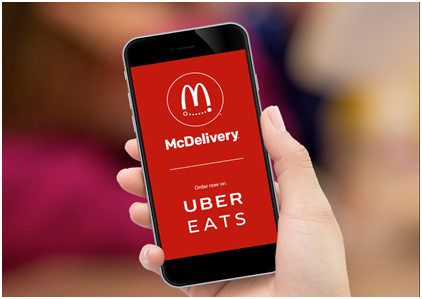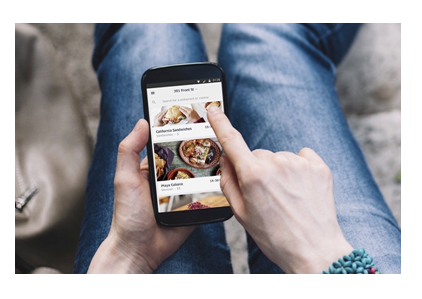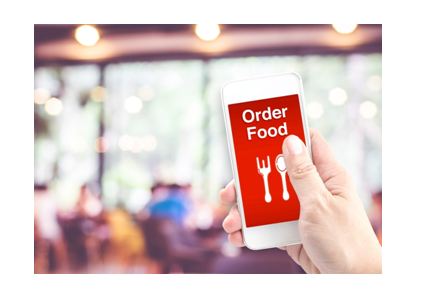How to Protect Brand Reputation in Food Delivery Apps in Restaurant Franchising?
Connect With usFood orders and delivery apps are rising in popularity and the familiar names are UberEats, Doordash, etc. Recently McDonald’s partnered with UberEats to offer food delivery services to a customer. This way many restaurant franchise systems are encouraging and exploring the use of food delivery apps as it increases large part of revenue source which was not available previously except for those who invested heavily in home delivery infrastructure.
Third party delivery apps offer restaurants a chance to outsource delivery and help in increasing online promotion and it provides more convenient options to customers. A thinkable question is that how outsourcing via technology impacts the relationship between franchisors and franchisees?
The main aim of a franchising is brand protection and agreement with system standards. Delivery apps place a restaurant’s reputation in the hands of a third party and that third party ties up with independent contractors to provide delivery services. A deliverer becomes a temporary representative who has no meaningful connection to the restaurant.
Franchisors should have certain policies which they should set before third-party delivery service providers:1) In the first place, Franchisor’s should make sure that restaurant partnerships with third-party providers are permitted. If it is permitted then a franchisor must see to it that third-party providers are permitted or a selected few are approved by the franchisor.
2) A franchisor should review franchisees’ restaurant partnership agreement and also set agreement approved by the franchisor.
3) A franchisor may wish to consider entering into a direct agreement with a single provider and this can be made possible by permitting franchisees to enter into partnership agreements with third-party providers.
4) A policy must be contemplated on how to deal with unhappy customers in the event an order is late, incorrect or any other negative customer experience. To have an established procedure for dealing with customer complaints in such events is important and it should be considered in aggregation with a third party provider’s own procedure.
5) Franchisees should submit a monthly report on the use of third-party delivery service providers and it should also submit customer reviews and comments. This would help franchisor to keep a track on customer complaints.
One should know the root of the problem especially in terms of customer complaints and in cases like this franchise agreement contains a termination clause which allows a franchisor to terminate if there are a number of customer complaints within a short period of time. A franchisor should take an immediate action in order to maintain brand reputation.
A franchisor can any time revoke the right of franchisees to enter into a partnership with third-party delivery service providers and it can also ask franchisees to terminate any on-going partnerships on written notice. It’s important because franchisor will always think about brand reputation and would try maximum to protect it from any damage.
Introduction of new technology in the restaurant world will open more options for restaurants but it will also bring more potential risks. To have a policy regarding the use of delivery apps can help in reducing franchisor-franchisee conflict.
Hence, to attract more new customer, to increase the food quality, generate customer loyalty, and earn huge profits, the restaurant chains are focusing on better and a faster delivery.
FILL THE BELOW FORM, IF YOU WANT US TO DO SOCIAL MEDIA MARKETING FOR YOUR RESTAURANT.




